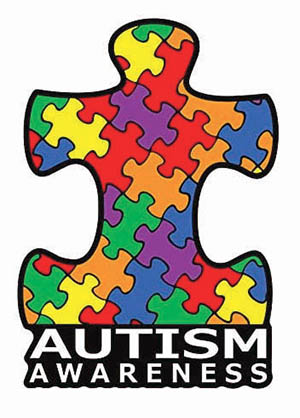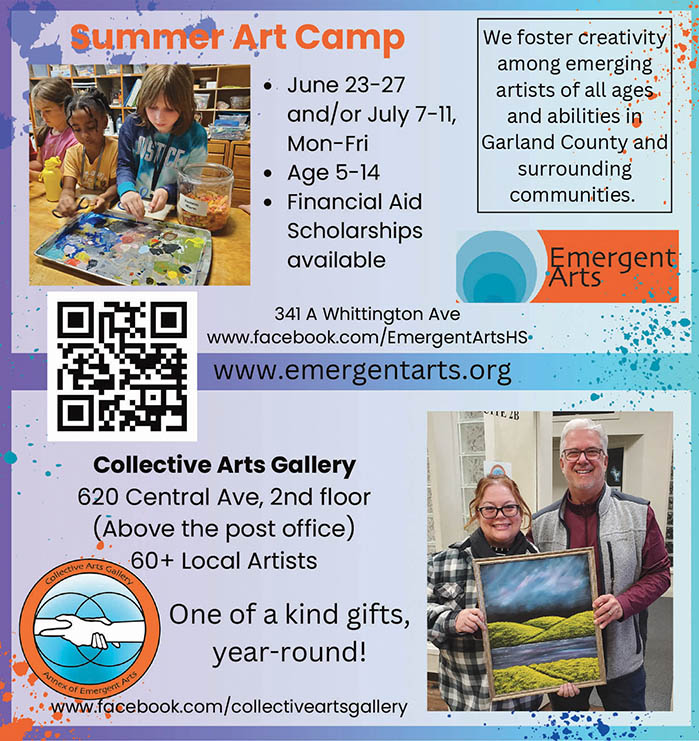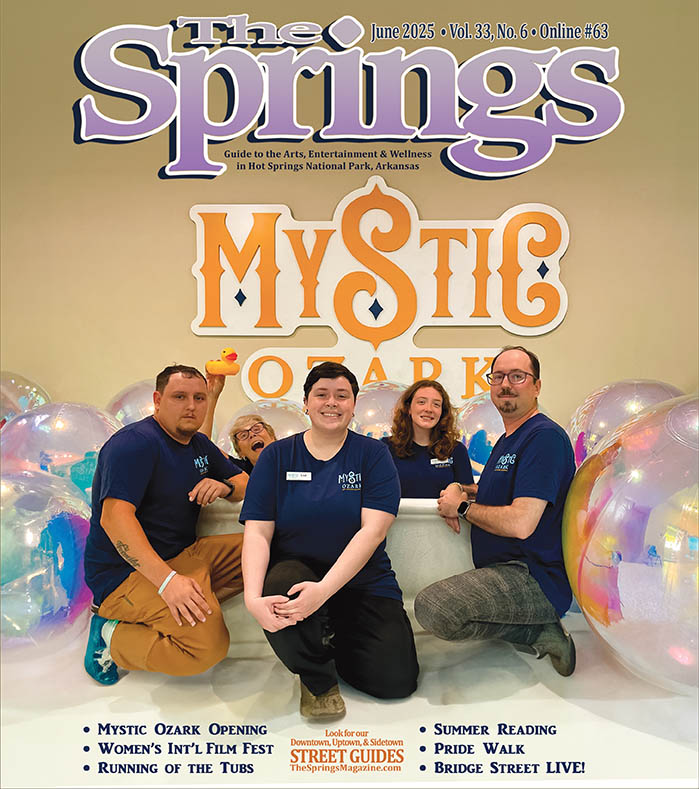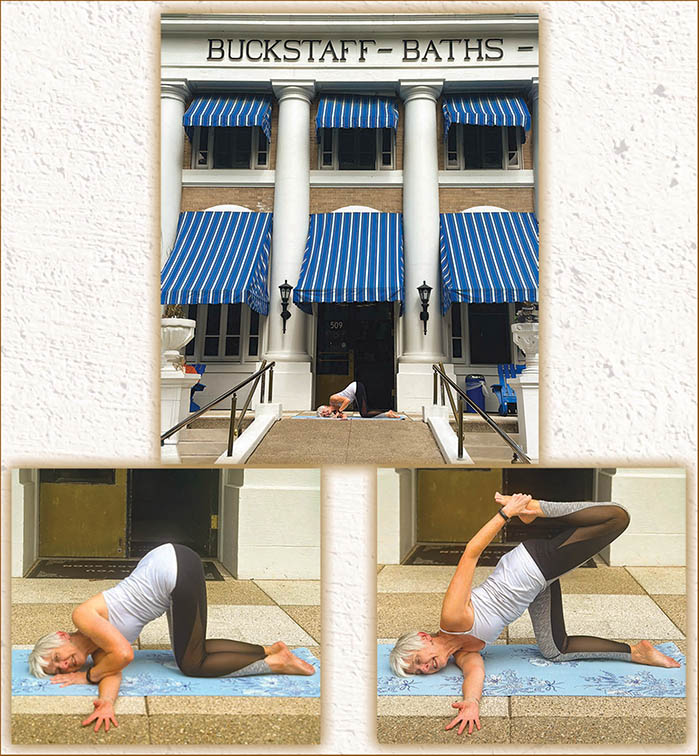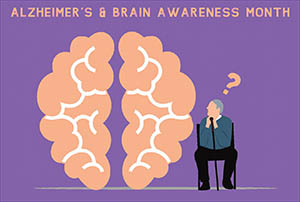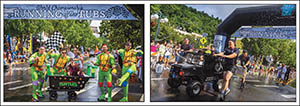By Alana Pierce
Parenthood, ever the wild pitcher, throws a fast one when least expected. For caregivers at bat, there is little margin for error. For some parents, the learning curve seems insurmountable. Without teams, fans, and coaches on hand to assist, navigating the autism field can be physically, mentally, and emotionally exhausting.
That’s where Eden Davis, a 36-year-old mother of two girls, found herself just a few years ago. Her older daughter, Zoey, was diagnosed at age 7 with Level 3 Autism: nonverbal, difficulties communicating, and some behavioral issues.
For those of us playing the home game, Autism is a spectrum with a wide gradient of symptoms, signs, and behaviors. It’s possible to interact daily with someone “on the spectrum” without knowing their diagnosis, while some on the spectrum do not interact with many people at all.
Currently, this spectrum is divided into three levels based on criteria including ability to communicate, situational adaptability (especially in new situations or environments), expansion and interests, and the manageability of daily life.
In Hot Springs, Eden found it difficult to find help for her family and nonverbal Zoey at first. “During the summer here, the only way to get a break is to find a caregiver through personal contacts or a Medicaid waiver.” Many caregivers, including babysitters, first responders, even church employees, are ill-equipped to communicate with higher-spectrum individuals.
Activities, events, and places where autistic children can be comfortable are sometimes hard to find. The lack of education among those unfamiliar with autism and the flexibility required to create a suitable environment are two problems. People seem hesitant to branch out and learn about autism. After bad experiences, caregivers can grow weary of public outings where behaviors are too quickly labeled as “tantrums.”
For this reason and others, Eden emphasizes finding good medical direction. “The number one thing,” she believes, “is that doctors take their time with patients, and are extremely educated in treating nonverbal patients.” The time lapse between seeing a general practitioner and a specialist can seem endless. She suggests finding family doctors well-trained in autism and neurodivergent patient care.
Understanding what is right for your loved one requires an understanding of their needs. She points out the extra effort needed to sometimes “figure out what they love to do, and then work around the barriers you encounter.”
Another recommendation: speak with business owners. Don’t be afraid to ask ahead of a dinner, a shopping trip, or an event, if they offer flexible environments. (For example, a business owner might turn down/off music or lighting that creates stress while you shop.)
Connecting with a network of families in the autistic community is essential. Ashlee Nix-Lindley is a local family education consultant who offers classes for children and parents with sensory processing needs. She suggests the Garland County Library as a good start. “It’s a hub of the [autism/neurodivergent] community. I have met parents and children on the spectrum there.”
As host to several classes throughout the year, she says she strives to “ask families if they want to be connected to others in the area” who can share ideas, concerns, and resources. New to Hot Springs, she admits that she is still working to seek others on the spectrum locally. Her classes are listed online at MobileTeachersCorner.Square.site/.
Courtney and Chris Gaines remember the struggle of finding a network. Their 18-year-old son, a recent high school graduate, was diagnosed at age 6. At that time, autism and neurodivergence were not common terms. Courtney recalls the energy with which she and her husband tackled the diagnosis. “We threw ourselves into it. We learned all we could. Soon we found friends – good friends – with children on the spectrum.”
She describes her intuitive connection with her son. “I could sense what was working. He loved anything with water. It calms the nervous system and, ultimately, the individual.” She’s quick to point out that like any teenager, he loves video and arcade games.
Her husband Chris, Aiden’s dad, is a 19-year veteran of the Malvern Fire Department. He remembers the early years when their son wouldn’t speak or engage, even with those familiar to him. His experiences as a firefighter led him to worry about how his son would react in an emergency.
“If I was incapacitated, or Courtney was, how was he going to respond?” Just like his wife, he educated himself quickly. He attended a class in Massachusetts funded by a FEMA grant that addressed emergency situations and those with autism. Over a decade later, Chris is a battalion chief and an instructor himself. He teaches first responders, especially firefighters, what he knows in a class called “Autism Awareness for First Responders.”
To request Chief Gaines as an instructor to teach the class for your agency, contact him at cgaines@malvern.ar.gov.
It is through the work of parents like Eden, Ashlee, and the Gaines family that local families affected by autism are finding more and more resources, especially online, like Eden’s group on
Facebook: Bridge the Gap Garland.
On this page, caregivers will find summer activities, pose questions, and lend advice or help. “If you build it, they will come” rings true in her efforts to bring together the autism community in Garland County.
In a mid-size county like ours, “You have to know someone who knows someone to find resources,” she writes. “But online, we are finding the teams that help our families thrive.”


